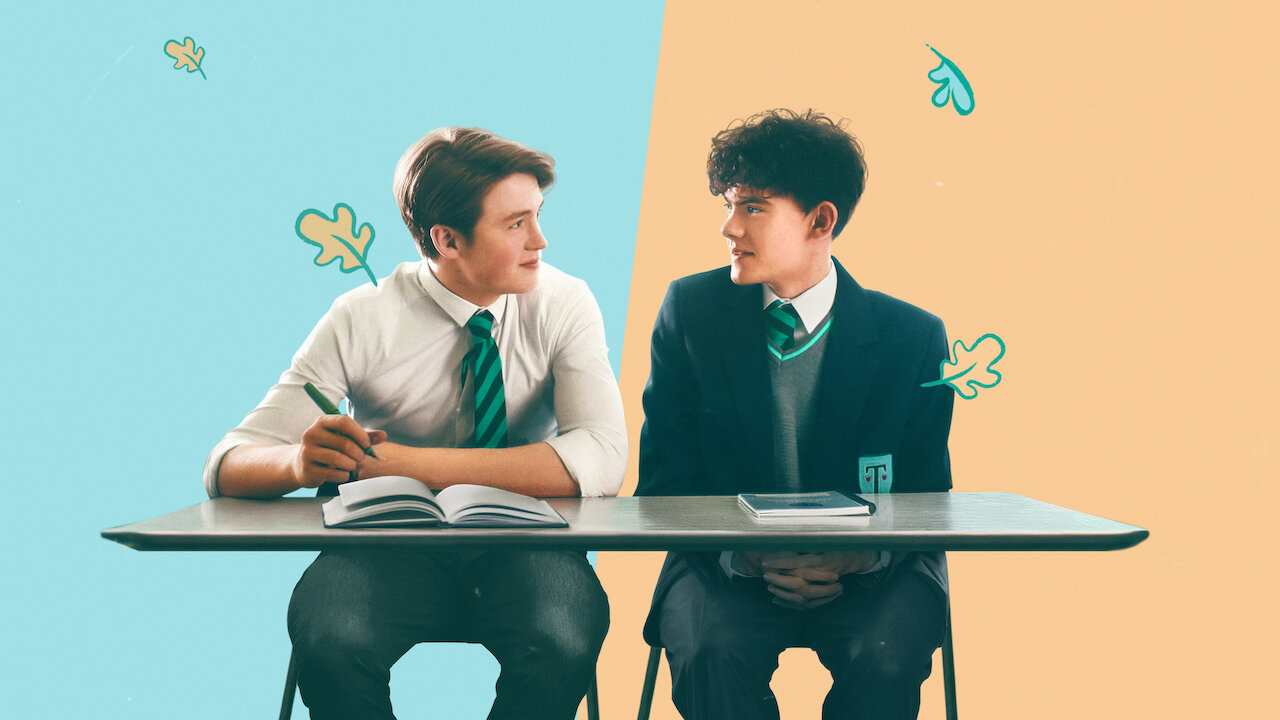I don’t know about you, but I’m still reeling from watching Netflix’s new series, Heartstopper. Hooked from the first episode, I binged it within a day. I shut my laptop at 12:08am, giddy with emotion and heart full of adoration for what’s now one of my favourite Netflix series.
As I lay in bed, feeling warm and fuzzy from this ultimate feel-good show, I realised: everything in Heartstopper just felt so right.
It astounds me that so many series and films struggle to achieve the lasting affect Heartstopper did, because in my head, it all seems so simple. So, after taking a day to gather my thoughts and put my emotions in check, I have pieced together all the things I believe Heartstopper has done right, and what other series and films should aim to follow.
It was so refreshing to see such accurate casting. Teenagers actually playing teenagers? From the way casting is usually done, you’d think it’s impossible! Nevertheless, in this series, the age gap between actors and their respective characters is far narrower than the shows that came before. Most of the actors and actresses range between 18-20 years old, playing characters that are only a couple years younger than themselves. The only exception is Corinna Brown (23), who plays Tara Jones (16). However, she’s excused because I will defend Tara Jones until the day I die.
Not only was the series accurate with their casting, but also with diverse representation. Heartstopper depicts an array of characters that reflect real life, spanning across races, genders, and sexualities. No matter who is watching, this series will be able to touch their heart and relate to them in some way, shape or form.
Heartstopper weaves real world issues that teenagers struggle with into its plot seamlessly, and in a way that’s beautifully portrayed. It doesn’t come off as mocking, patronising, or just completely, utterly wrong (13 Reasons Why could never!). Instead, it feels as though the characters are people genuinely living through it, and we get to experience the highs and lows alongside them.
For instance, Nick Nelson’s (Kit Connor) journey in questioning his sexuality across the span of the series is an accurate representation of many others’ own experiences. Nick doesn’t see Charlie (Joe Locke) and immediately realise (and accept) he’s also attracted to men. His questioning sexuality and identity develops across numerous episodes, and his internal conflict can be felt through the screen. Nick seeks comfort in a YouTube personality, who creates videos about discovering his bisexuality. These videos ultimately help Nick come to terms with his bisexuality and help him to find clarity. Nick’s struggles accurately mirror what so many go through in real life, who struggle to understand who they are as they’re coming of age and seek comforting reassurance in online personalities.
The toxic, single-sex environment seeping through the bullies at Truham Grammar School and Harvey Greene Grammar Girls School, is an accurate depiction of what many queer students experience. When Tara and Darcy (Kizzy Edgell) come out as girlfriends, they are subject to snide remarks from snickering girls around them. Similarly, Charlie is bullied by Harry (Cormac Hyde-Corrin) and his rugby friends daily. Harry downplays it, saying “It’s only a joke” and “I’m not homophobic,” meek excuses to justify his disgusting behaviour.
One exchange between Nick and Charlie that stuck with me, even after finishing the show, was this:
Charlie: “I’m used to it.”
Nick: “You shouldn’t have to be.”
These simple two sentences carry so much weight. Growing complacent should not be a solution to ingrained homophobia. Finding a solution to cope with bullying was never Charlie’s responsibility to begin with.
Heartstopper defies what our homophobic, heterosexual society has instilled as the cultural norm for far too long.
Future series and films, take notes.
Article written by Alyssa Forato
Image courtesy of Netflix


